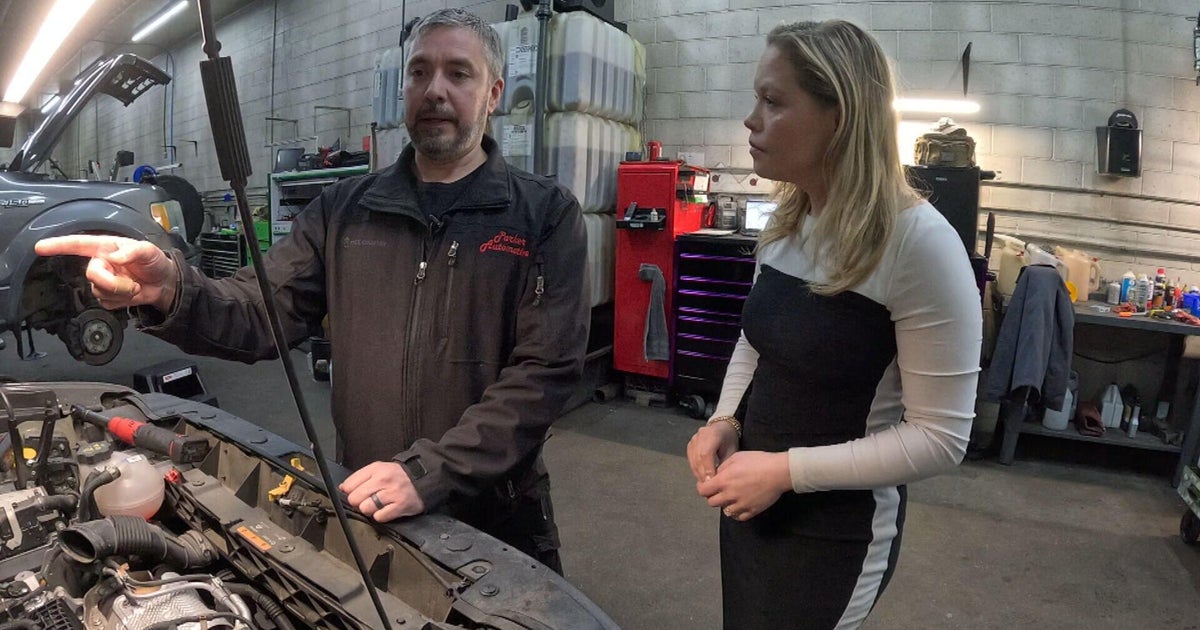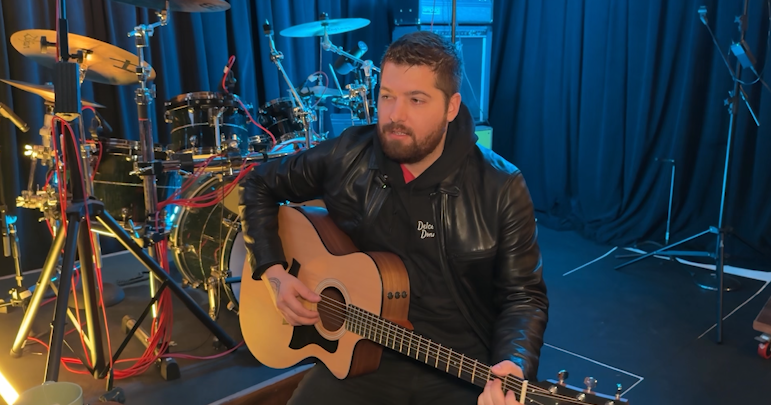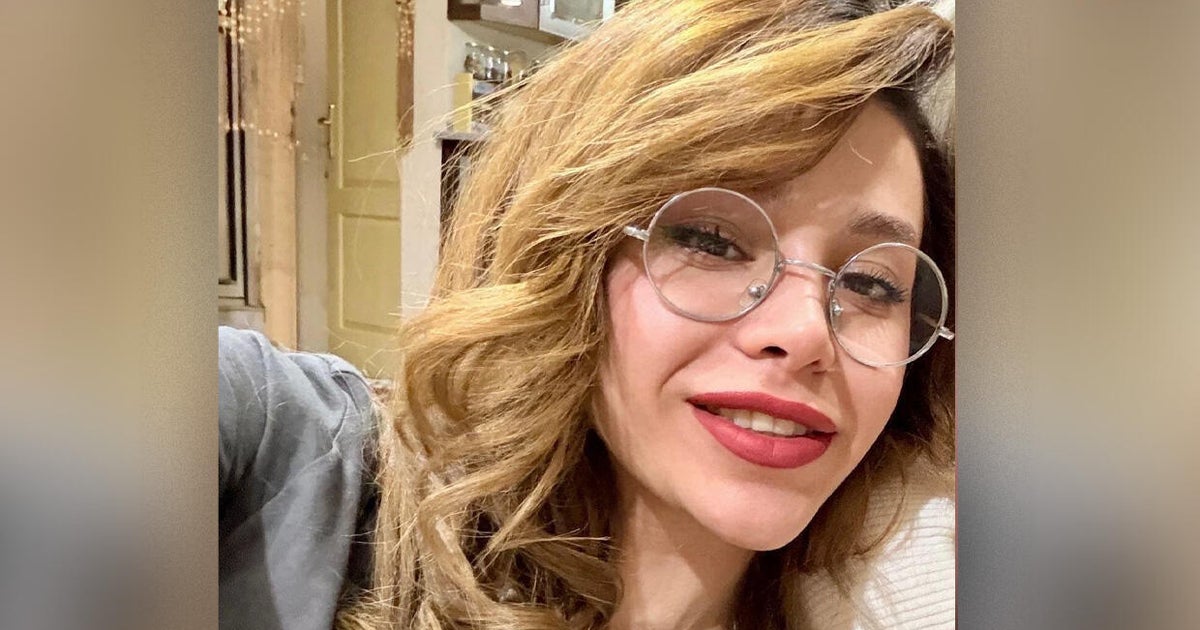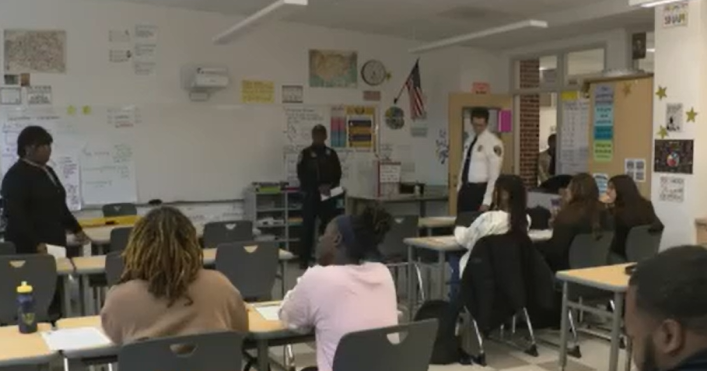Music Of Slavery Finds New Life In Denver
The following story was originally posted on CBSDenver.com in November 2009.
DENVER (CBS) - Spirituals are not gospel songs or festive, holiday music. They comprise the songs of enslaved African Americans; the music of hope and survival.
"It was music that got them through this desperate period where they were owned by other human beings and feeling like there was no hope. They created, out of the bedrock of their African tradition, a whole body of music that help them to survive," said Dr. Arthur Jones, founder of the Spirituals Project.
Jones teaches courses on spirituals at the University of Denver and the Women's College at DU. He created the Spirituals Project more than 7 years ago, and now it includes a 70 person choir, two smaller ensembles and an education branch. Jones' main goal is to preserve this powerful music and its meaning, passing it along to new generations.
"It was music literally to keep alive and fight for freedom and communicate with each other," said Jones.
The slaves would pass messages through codes in the lyrics about everything from escape opportunities to secret religious services.
"You have a song like 'Swing Low, Sweet Chariot' -- everyone in the slave community would know that that was a slave signal that tonight was the night, there would be people from the underground railroad that would be in the area," Jones explained. "'Wade in the Water' could be a signal to slaves that when they're escaping, they should go through water to throw bloodhounds off their scent."
All of this music and messaging went on right under slave masters' noses.
"They never imagined these folks they saw as sub-human could be so creative, so it didn't cross their minds," Jones said.
Jones calls spirituals his life's calling. He grew up with the music and sang solos as an adult. Trained in psychology, he sees profound value in these pleas for freedom, democracy, healing, love and dignity -- even if they're hundreds of years old.
Ann Comstock felt the power of those lyrics the first time she attended a Spirituals Project concert, 5 years ago.
"I was mesmerized," Comstock said.
Almost immediately, she auditioned and joined the choir. Like many of the singers, she works full time but volunteers to make The Spirituals Project a reality. She believes everyone should come and hear the choir to learn more about our shared history ... and ourselves.
"I may not look like a person who would be singing African American spirituals, but the power of it, the idea that it touches a deeper level of resilience, hope and despair, at times ... it's really an honor to sing it. It's a gift," Comstock said.
The Spirituals Project also has a Youth Initiative, designed to teach young people about spirituals and their importance in modern times. Jones sometimes works with them to overlay rap and classic spirituals to prove how the music is intertwined.
"Every human being deserves dignity and deserves to be free and to be treated with respect. It's now a music that belongs to everyone, because when music is created at a deep level in the human spirit, it touches something really universal," Jones said.
- Written by Brooke Wagner







